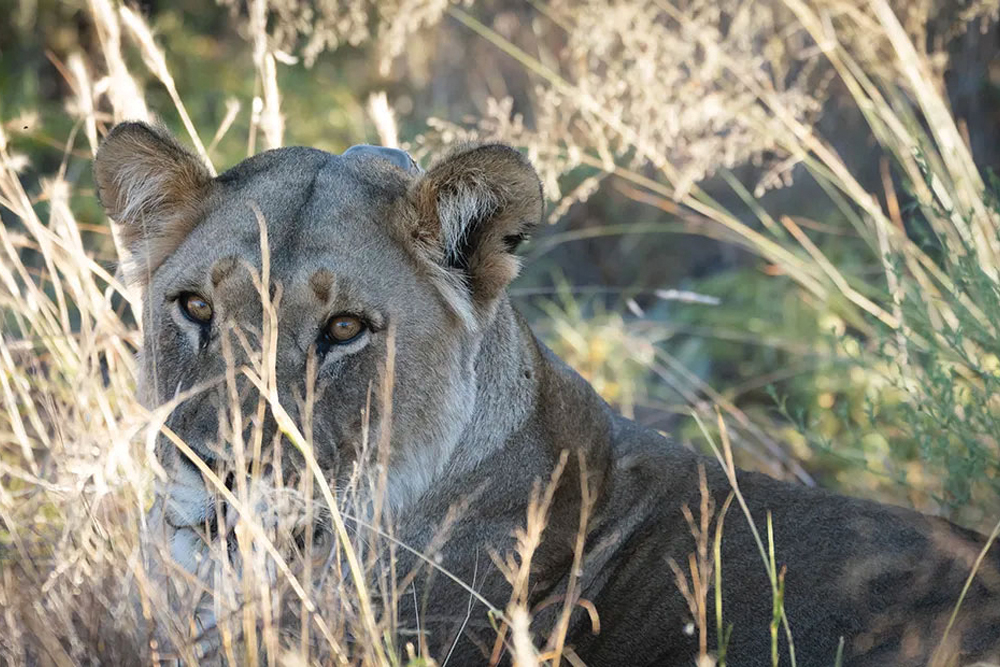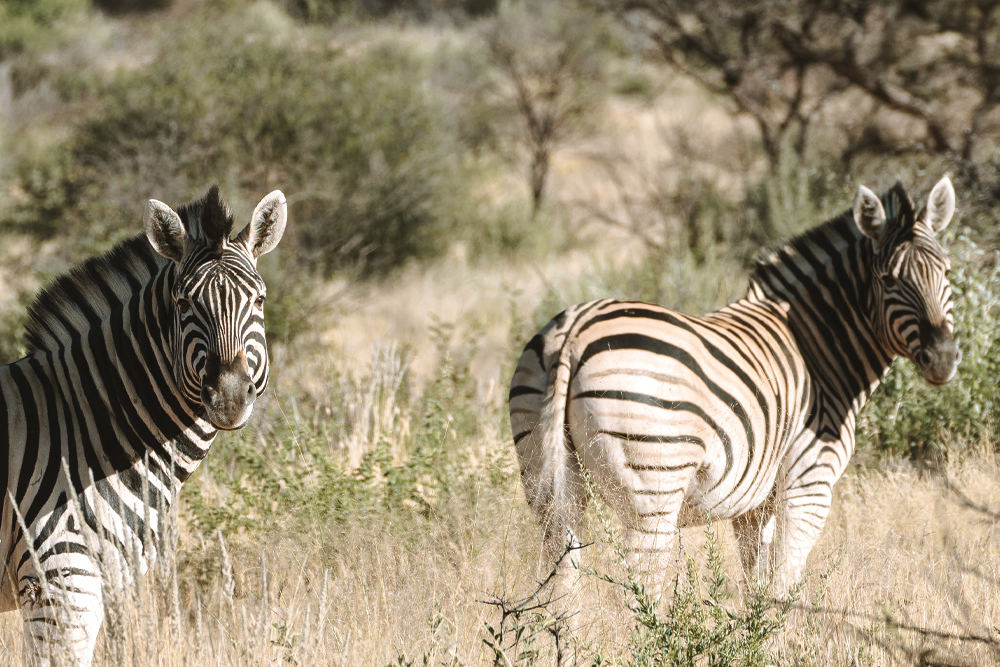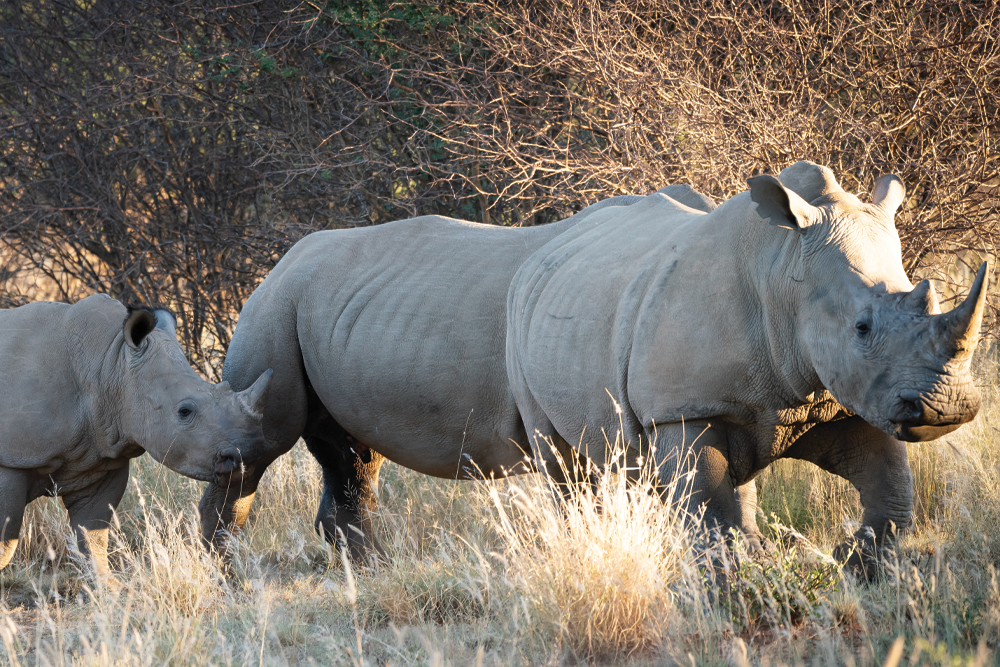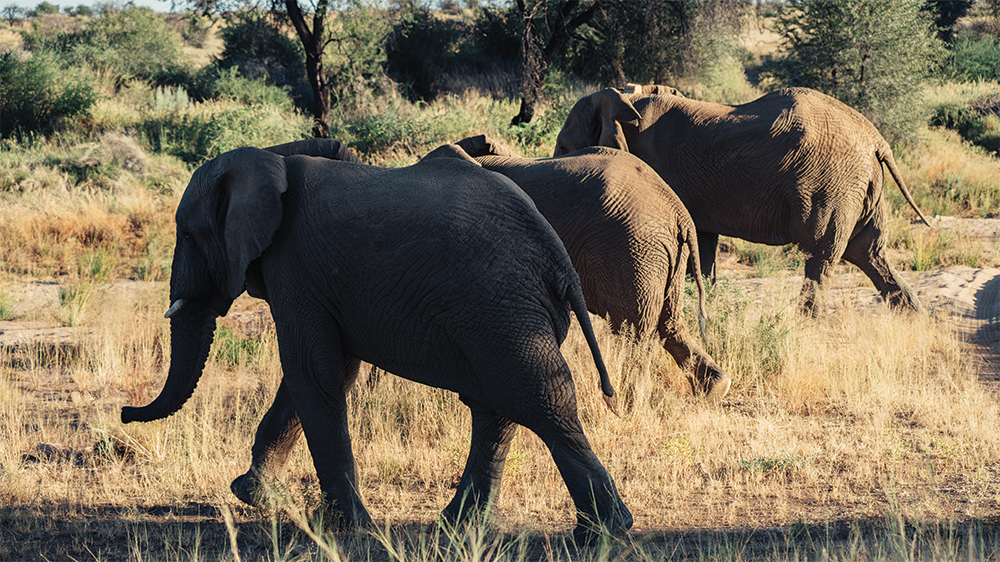Every year, the Art Basel fair hosts hundreds of exhibits from leading galleries around the world to Miami. Art lovers will see some of the best in contemporary art and contemplate the creations and artist-led experiences at one of the city’s most notable creative events.
Sylvester tied into the 2023 event with the launch of its own second annual “Art is Medicine” installation, highlighting research and the intersectionality of art, science and people.

Patients and community members visiting Sylvester had the opportunity to enjoy “Science & Safari,” which blends photographs of Africa with the scientific research Sophia George, Ph.D., is conducting worldwide to control and prevent cancer in the Black community. The Namibia photographs join walking galleries that feature art from physicians, staff, patients and the community.
Desert Horse-Grant, Sylvester’s chief transformation officer, conceptualized and curated the installation and new Namibia exhibit. “Our gallery is a message of hope, in a place of healing,” she said. “May the newest exhibit teleport and provide respite to the anxious. Having visual breaks from medical imagery in a cancer center is of utmost importance to any patient.”
Until recently, most genomic research has focused on people of European descent. Dr. George, Sylvester’s associate director of the Office of Belonging and Inclusive Excellence, and her colleagues are part of an international effort to change that. Joining cancer centers worldwide, they are working to decode Black genomes and study the issues that are cancer-specific to populations across the African diaspora.
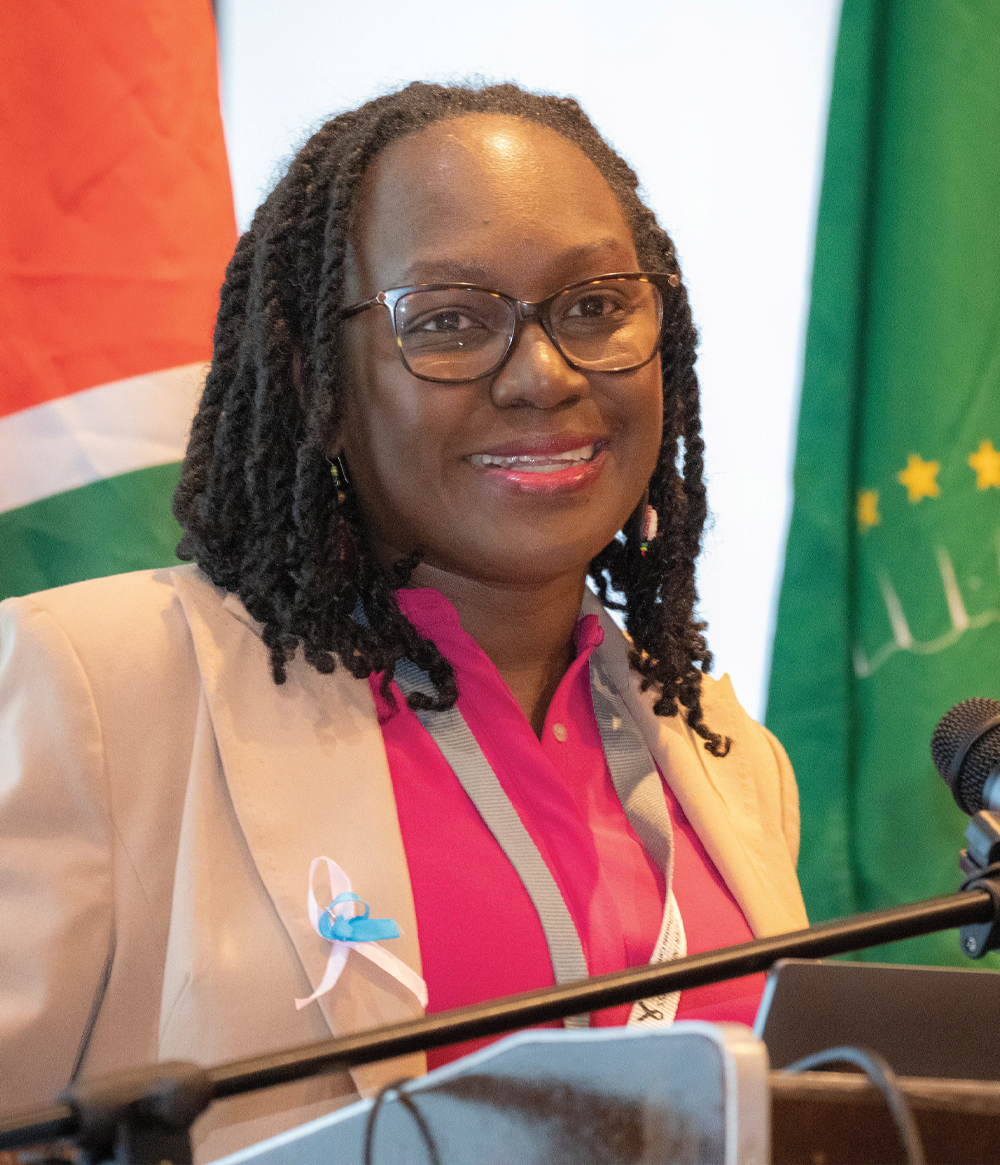
According to Dr. George, this exhibit “captures the genetic landscape of the African diaspora by working collaboratively with native Africans. Our work traverses the places where people in the U.S. and the West develop aggressive cancers. We are contextualizing the data and meeting the people in their settings, identifying uniqueness, sameness, and in awe of the terrain.”
Photographer Craig Butts traveled with Dr. George in Namibia, one of 14 countries enlisted in the African Cancer Genome Registry Study, a global clinical trial Dr. George launched to research the genetic makeup of cancer tumors.

